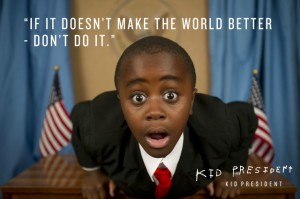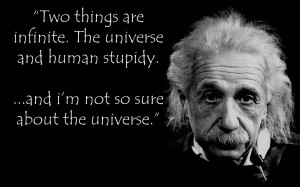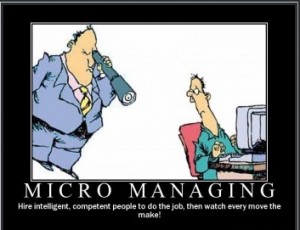What time is it?
If I asked that question at home, my children would probably yell, “Adventure Time!” At work, I ask myself that question all the time (no pun intended).
There are a lot of old adages and cliche’s about time and I love everyone of them… I’m sure you have heard them too:
“Time swiftly passes”
“Time is of the essence”
“Time flies when your having fun”
“Time is an illusion”
With the increasing demands on school leaders, I think that this post is timely (pun again). How do we spend our time?
I struggle with time. I am not a morning person, but I know it is important to be at work early (although no one seems to care how late I stay). Throughout the day I am constantly juggling the responsibilities of observing, walking through classrooms, connecting with other educators, talking to students and parents. My time is precious. …. I can’t be everywhere all the time (pun number ?)
How do I manage my time? I have become reliant on my Outlook calendar. I have my calendar on my laptop, iPhone, iPad and anywhere else I need it. Someone asks me to do something or be somewhere, I usually whip out my iPhone to check my availability. I know I only have so much time (pun number ?).
I have to make time to learn new time management tools
My PrincipalCast co-hosts and I just did a podcast on Time Management. Although the session was not recorded (due to technical glitches) we had an amazing discussion on technological breakthroughs that can assist educators with time management.
In preparing for the show, I read a wonderful post by Tony Sinanis who ended up stopping by to chat. In Put What Matters First, Tony discusses how he “prioritizes” rather than “manages time.”He is student-centered and remains steadfast that students are first on his list of priorities!
Jessica Johnson shared how she prioritizes her time. She uses the Four Quadrants of Time Management, a matrix popularized by Stephen Covey in his book 7 Habits of Highly Successful People. She also uses BILT (Before I leave today) to ensure she accomplishes her tasks before heading home.
I shared one of my favorite books, Eat That Frog, by Brian Tracy. In the book, readers are provided with 21 time saving tips to make sure that priorities do not get out of control. Here is a video that illustrates the main tenets of the book.
Other resources that were shared on the podcast:
Paperless Principal by Jethro Jones
Want to lose the 3 ring binder? Try Livebinders
Want to connect with people without email? Printing? Try Google Docs
Quickly becoming the best place to explore, share and contribute educational content… Educlipper
Like sands through the hour glass, so are the days of our lives







